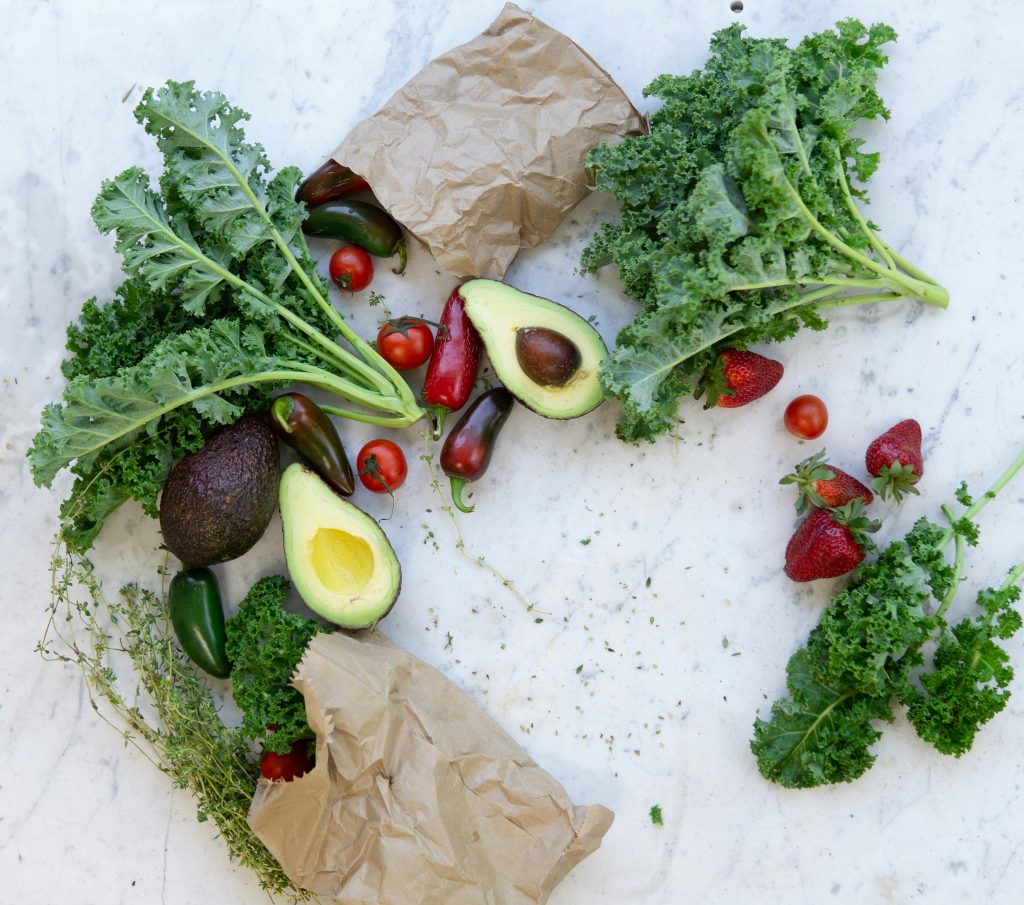High-protein diets are popular for weight loss, muscle building, and overall wellness—but are they really safe and effective?

🥩 What is a High-Protein Diet?
A high-protein diet focuses on increasing the intake of foods rich in protein like lean meats, fish, dairy products, legumes, and eggs. It typically reduces the intake of carbohydrates and fats to balance daily calorie intake.
✅ Proven Benefits of High-Protein Diets
- Supports Weight Loss: Protein increases satiety, helping reduce overeating.
- Boosts Metabolism: The body burns more calories digesting protein than carbs or fat (thermic effect).
- Maintains Muscle Mass: Essential for preserving lean muscle, especially during calorie deficits.
- Improves Recovery: Athletes and active individuals benefit from faster muscle repair.
⚠️ Risks You Should Be Aware Of
-
Kidney Stress: Elevated protein intake can aggravate kidney problems in susceptible people.
- Nutrient Imbalance: Low intake of fiber and essential vitamins if carbs are severely restricted.
- Constipation or Dehydration: Often seen with low-fiber, high-protein plans.
- Short-term Dieting Mindset: Sustainability becomes difficult without variety.
🔬 What the Research Really Says
According to several clinical studies, high-protein diets can be effective for short- to mid-term weight loss and improved body composition. However, for long-term success, balance and sustainability matter more than any macro ratio.
“Protein helps you feel full longer and preserve muscle mass—but it’s not a magic bullet.” — Registered Dietitian, Healthline
🥗 Sample High-Protein Meal Ideas
-
Breakfast: Berries with Greek yogurt and chia seeds
-
Lunch: Salad featuring grilled chicken, avocado, and boiled eggs
-
Dinner: Oven-roasted salmon accompanied by quinoa and steamed broccoli
-
Snacks: Protein smoothies, ricotta cheese, or cooked chickpeas
📌 Final Thoughts: What Works & What Doesn’t
A high-protein diet can be beneficial when done right—by choosing lean, whole-food protein sources and maintaining a balanced plate. But eliminating carbs entirely, ignoring hydration, or following extreme versions can do more harm than good.
✔️ What Works:
- Whole, lean protein sources
- Moderation and variety
- Hydration and fiber
❌ What Doesn’t:
- Extreme low-carb + high-fat combos
- Ignoring kidney or digestive health
- Long-term restrictions without supervision
💬 Have You Tried a High-Protein Diet?
Post your results, tips, or questions in the comments section below! And don’t forget to subscribe for more evidence-based health and nutrition blogs.


